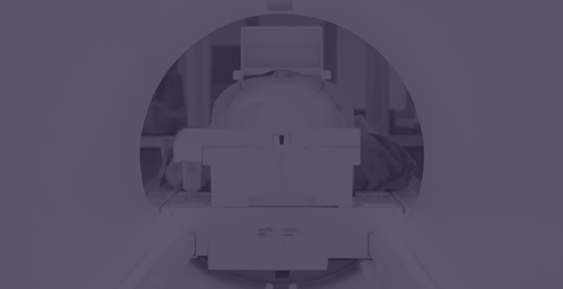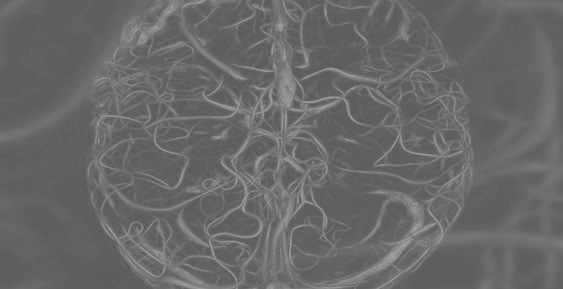Results: ITN Impact Grant
| Funding Cycle | Title | Value | Researchers | Start Date | End Date | Summary | Keywords |
|---|---|---|---|---|---|---|---|
| Round 2 | Impaired tRNA Function in Amyotrophic Lateral Sclerosis (ALS) | $655,000 | Duennwald, Martin; Farhan, Sali; Duncan, Thomas | January 1, 2024 | December 31, 2025 | ALS is a fatal neurodegenerative disease with limited therapeutic options. This project explores how impaired tRNA function contributes to ALS by identifying genetic variants in tRNA and tRNA processing genes that increase ALS risk. The research employs genetic analyses and models to pinpoint these variants, aiming to develop diagnostic tools and potential biomarkers for ALS and potentially other neurodegenerative diseases. | ALS, RNAs, tRNAs |
| Round 2 | Translating epilepsy neuroimaging biomarkers into the operating room | $555,000 | Bernhardt, Boris; Lau, Jonathan | March 1, 2024 | February 28, 2026 | This project aims to improve surgical treatments for Canadians with pharmaco-resistant epilepsy, who continue to suffer from seizures despite trying multiple medications. By utilizing advanced MRI biomarkers and leveraging high-field neuroimaging from Montreal and London, the team seeks to create precise, patient-specific brain maps. These maps will help identify optimal targets for both resective and stimulative surgeries. The project will integrate these maps into neuronavigation software used in the operating room, enhancing surgical precision and potentially improving seizure control and patient quality of life. | Epilepsy, MRI biomarkers |
| Round 2 | Non-invasive neurostimulation guided by circuit models by suppressing epileptiform activity | $269,153 | Pack, Christopher; Muller, Lyle | March 1, 2024 | February 28, 2025 | This research proposal addresses the challenge of treating drug-resistant epilepsy through the innovative use of transcranial electrical stimulation (tES), a non-invasive technique that modulates cortical circuits with a weak electrical stimulus. Despite tES's safety and minimal side effects, its efficacy for seizure control has been underexplored. Recent findings by co-PI Pack have demonstrated that tES can entrain single-neuron spiking and its effectiveness is significantly influenced by the synchronization with ongoing brain activity. Additionally, co-PI Muller has developed computational models that reveal how brain activity patterns, particularly traveling waves, influence neural excitability. This project aims to combine Pack's stimulation techniques with Muller’s computational algorithms to create a new approach for suppressing epileptiform activity. This collaboration represents a novel application of these methods to epilepsy, with the potential to significantly impact clinical practices in the near future.. | Epilepsy, MRI, tES |
| Round 1 | Early biomarkers for development and monitoring of effective disease-modifying therapies | $3,756,000 | Chakravaty, Mallar; Prado, Marco | April 1, 2022 | March 31, 2025 | Many drug trials for neurodegenerative diseases fail due to inadequate preclinical evaluations, which do not accurately predict how drugs will perform in humans. To address this issue, a collaborative research team is developing a platform focused on unique imaging and cognitive biomarkers to enhance early drug evaluation. This platform, designed for use in the preclinical phase, aims to improve the accuracy of predicting clinical trial outcomes and identifying patients who might benefit the most from specific drugs. The ultimate goal of the project is to refine the process of drug testing, ensuring that only the most promising drugs advance to human clinical trials. | Biomarkers, Imaging, Disease Modifying Therapies |
| Round 1 | Early biomarkers to improve diagnostic workup in Parkinson's disease | Funding completed | Dagher, Alain - MacDonald, Penny | Every day, 25 Canadians are diagnosed with Parkinson’s Disease, a condition for which there are no current therapies to halt or slow its progression. Diagnosis typically relies on extensive clinical assessments by specialists, which can be both costly and time-consuming, often taking years. This project aims to utilize magnetic resonance imaging (MRI) to identify biomarkers of Parkinson's Disease, which will not only expedite the diagnosis process but also facilitate the monitoring of the disease's progression. Additionally, the use of MRI could improve health equity, as MRI access is generally more widespread than access to specialist care, particularly in underserved areas. The ultimate goal of this initiative is to use these biomarkers to discover treatments that can slow, stop, or even reverse the progression of Parkinson’s Disease. | Biomarkers, Parkinson’s Disease, MRI |
Please note that these results are accurate as of 2021-04-20
All BrainsCAN programs are part of Western’s $66M BrainsCAN initiative, supported by the Canada First Research Excellence Fund (CFREF).













